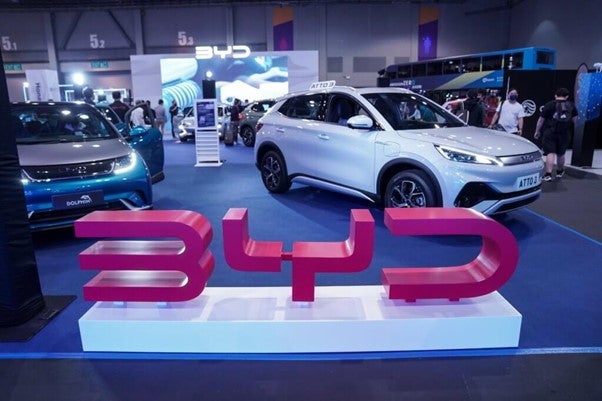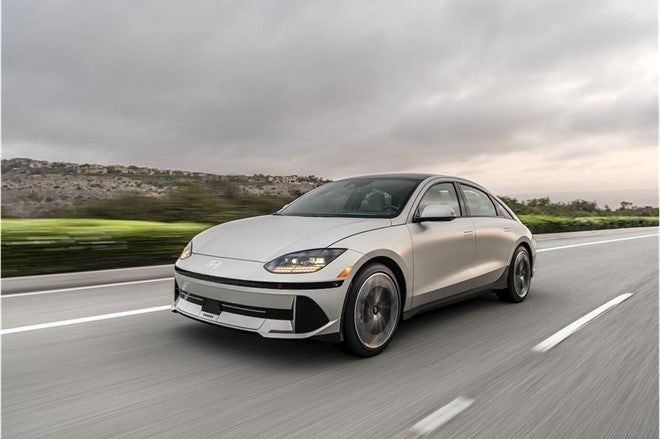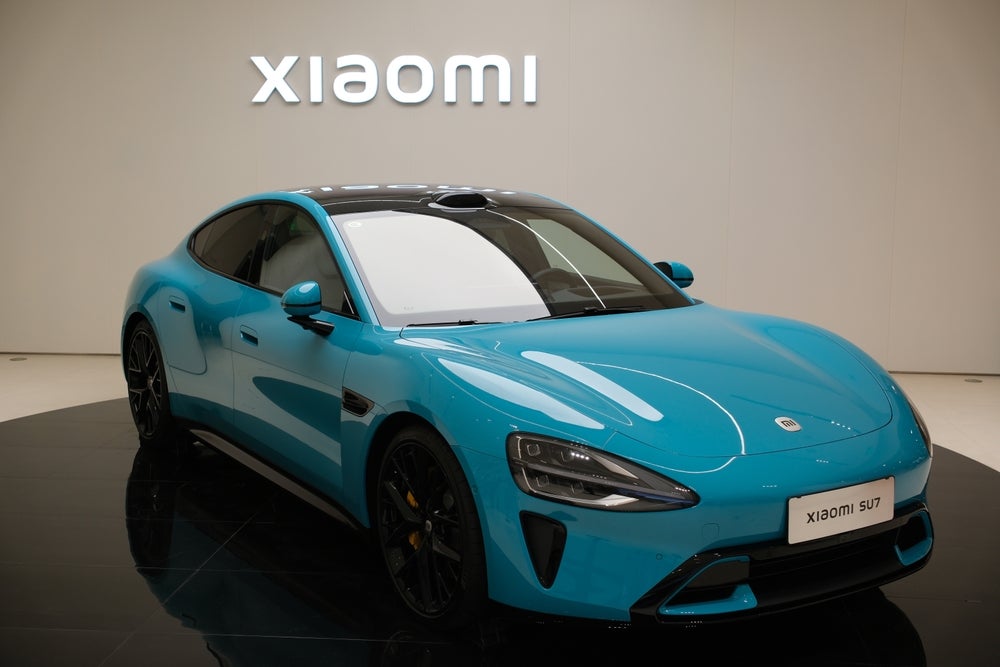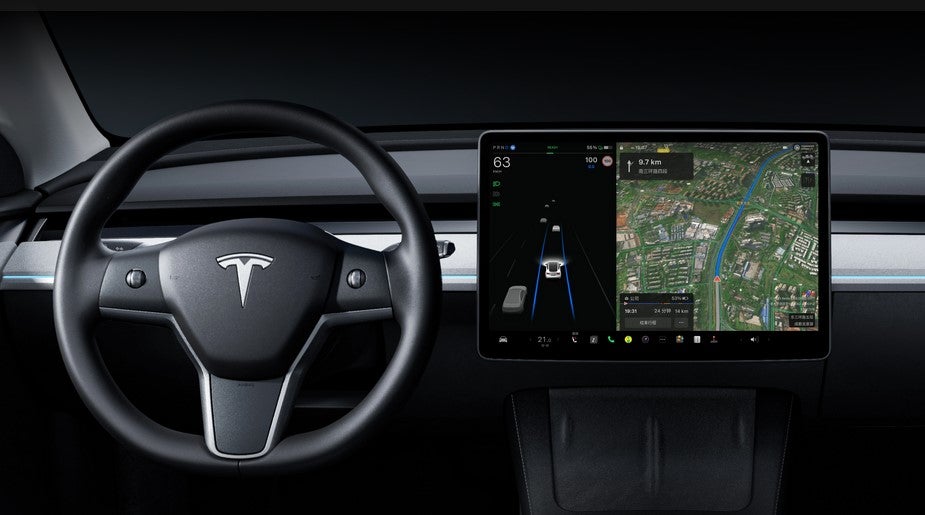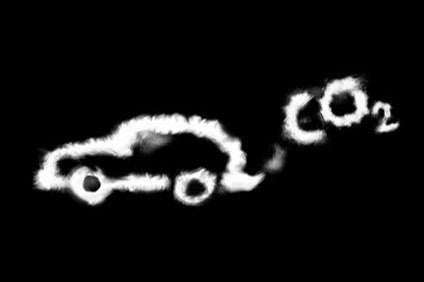
China may replace its green car credit system with a new policy focusing more broadly on reducing carbon emissions, industry executives have told Reuters.
One option being considered was a carbon emissions trading scheme (ETS), three industry executives told the news agency. That would address industry concerns that the current system incentivises electric vehicle (EV) production without addressing carbon emissions in general, the executives said.
“(The replacement) is under discussions at ministries,” Xu Haidong, an official at China Association of Automobile Manufacturers (CAAM), said at a briefing last month, according to Reuters.
The policy discussions were ongoing and were not final, people familiar with the matter told the news agency. The current system, which will be in effect until 2023, was introduced in 2017. Under it, automakers get credits for selling electric or fuel efficient vehicles that can offset penalties on their more carbon intensive models.
Any change to the system could significantly affect automakers’ product planning and technology development in China, where over 25m vehicles were sold last year, making it the world’s largest auto market, Reuters noted.
The auto industry is not among the eight industries required to trade carbon emissions but Chinese industry bodies have arranged for auto companies, including electric vehicle maker Tesla, to study the trading system, two Reuters sources said.
How well do you really know your competitors?
Access the most comprehensive Company Profiles on the market, powered by GlobalData. Save hours of research. Gain competitive edge.

Thank you!
Your download email will arrive shortly
Not ready to buy yet? Download a free sample
We are confident about the unique quality of our Company Profiles. However, we want you to make the most beneficial decision for your business, so we offer a free sample that you can download by submitting the below form
By GlobalDataChina’s industry ministry did not immediately respond to a news agency request for comment.
Sanae Nuimura, vice president at Honda China, reportedly said at an industry conference this month that the new system would be very important.
Reuters noted Chinese president Xi Jinping last year announced plans to raise the country’s Paris climate accord target, saying China would achieve a peak in carbon dioxide emissions before 2030 and carbon neutrality before 2060.
The China Society of Automotive Engineers (China-SAE) predicted carbon dioxide emissions from China’s auto industry would peak around 2028, and drop to 20% from that level by 2035, a projection widely shared by companies and government officials.
The new policy is likely to calculate carbon emissions related to use of electric vehicles based on a standard called GB-27999, which was published in 2019, Reuters said.
State-owned automaker GAC has said it would work with Guangzhou’s carbon trading exchange to design carbon accounts to promote trading.
Automakers in China, including Volkswagen, already require suppliers to use renewable energy and plant trees to meet government demand.
On commercial vehicles, policymakers are expected to roll out a separate credit system this year for truck and van makers, Reuters reported last April.
Yin Hang, an official at Vehicle Emission Control Center of China’s Ministry of Ecology and Environment, told Reuters that, in future, regulators are likely to test trucks and vans’ carbon-dioxide emissions, an item that is not among the current requirements.



